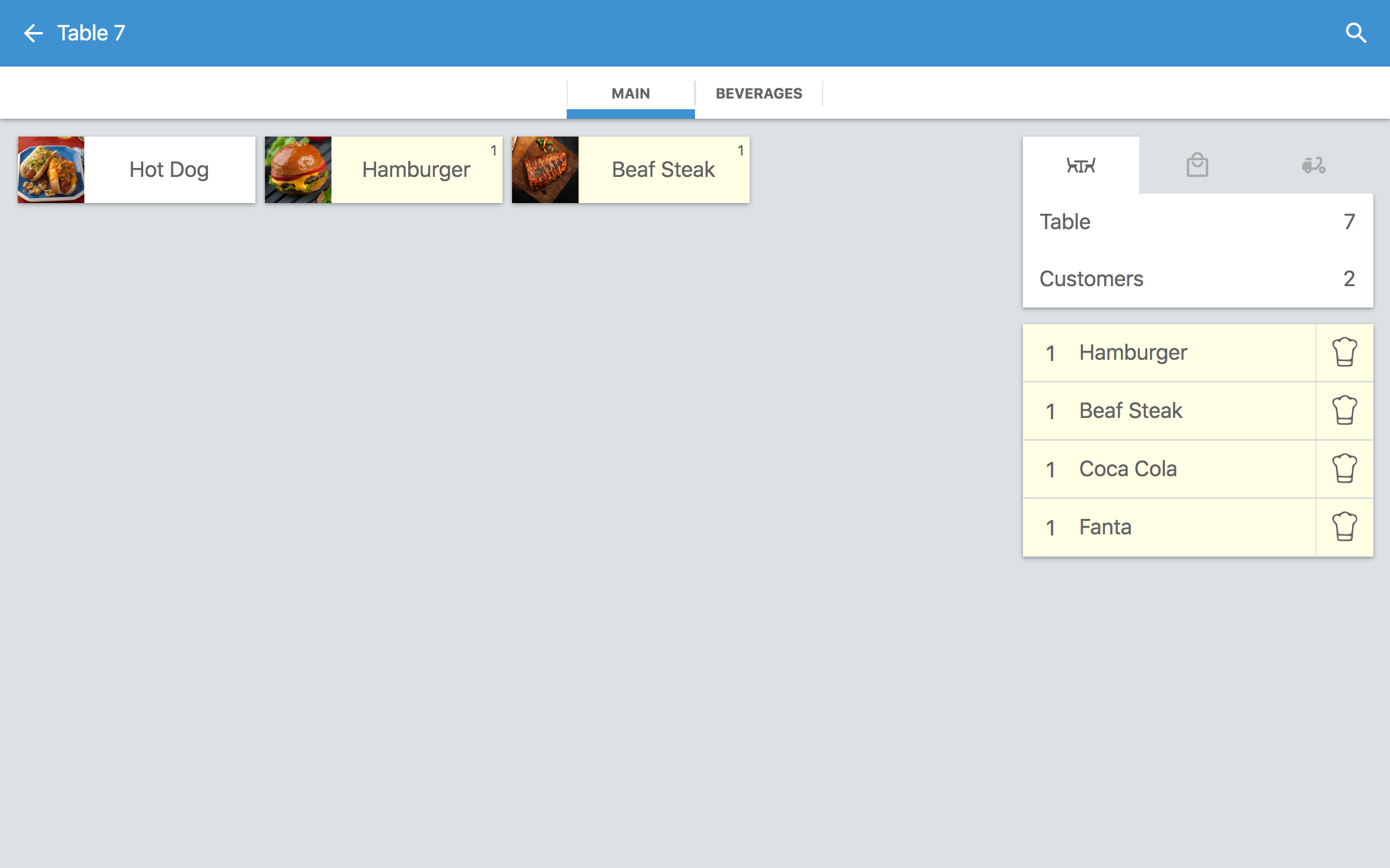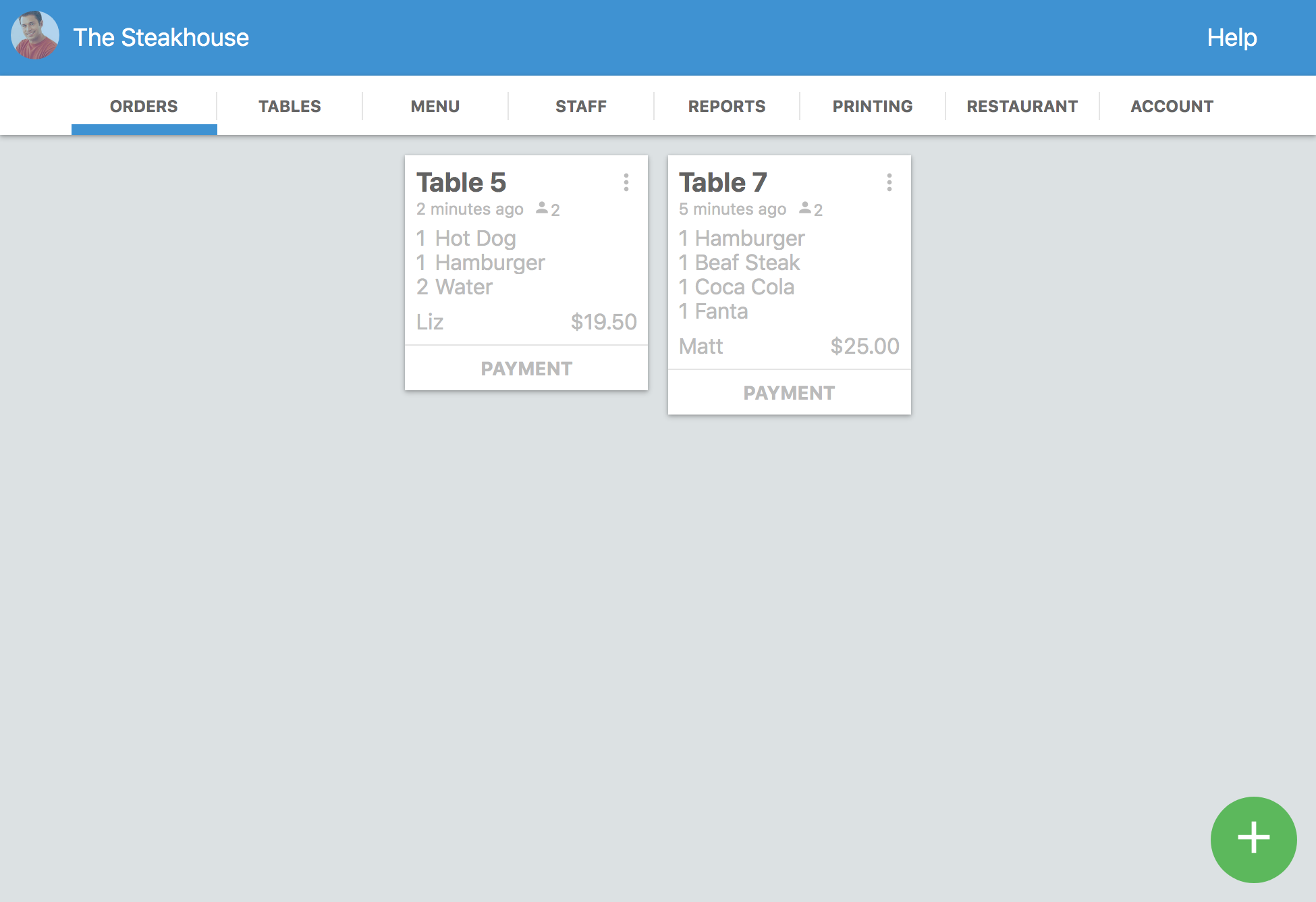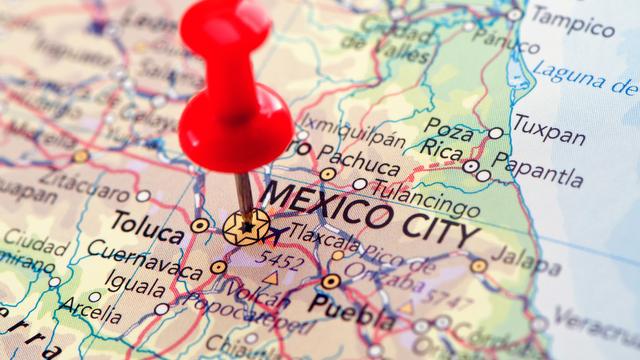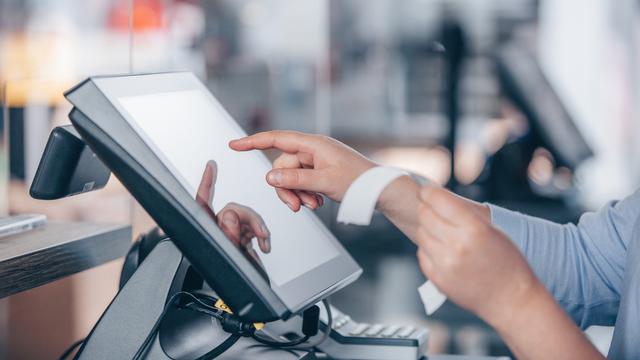You can review the regulations for food trucks at the . You must have a certified food manager and get a Food Handler Card for each person who works out of mobile locations.
Opening a restaurant, bar or food truck in Texas offers fertile ground for aspiring entrepreneurs and lovers of great cuisine. The state offers a wide variety of locations and a customer base that appreciates outstanding cuisine at all levels of sophistication. Popular culinary trends include some of the best barbecues in the world, Tex-Mex cuisine, Cajun-Creole food and fresh seafood dishes from the Gulf Coast. You can sell your culinary creations in regular restaurants, gastropubs and food trucks - if you prefer taking your skills on the road.
The geography of Texas has great venues for food businesses - small towns, bustling metropolises, riverfront locations, ranch country, coastal and port cities and even the infamous Texas badlands, all of which offer great opportunities for astute business owners.
Getting Licensed in Texas for Your Food Business
Texas doesn’t require a general business license to operate, according to restohub.org. Business permits are handled differently throughout the state, depending on local regulations. As a seller of food, you’ll probably need to make sure that your location is ADA and health code compliant. It’s important to check with your local business office to find out any specific licensing requirements or restrictions based on zoning.
You will need to register your fictitious business name, get a Retail Food Operation Permit, a health permit and a Sales and Use Tax permit to collect state sales tax. You will also need a permit for outdoor signage and awning insurance. If you plan to sell alcohol, you’ll need to be licensed by the Texas Alcoholic Beverage Commission.
Getting an Employer's Identification Number
The first step that most aspiring restaurateurs and food-business owners take is registering with the federal government. You must apply for an EIN at irs.gov. That gives you legal standing with the government and authorizes you to withhold federal income tax from your employees’ payroll. You also use your number to make estimated tax payments for your business. The identifying number is required for most other permits that you will need.
Fictitious Business Name
Fictitious Business Names are the names generally used by restaurants, bars and food trucks to operate, such as Tex-Mex Heaven, Texas Barbecue Joint or Boudreaux’s Cajun Cabin. You have to register these fictitious names to open a bank account or have legal standing as a business in court. It’s easy to file and inexpensive. The process is more complex in other states like California, where you also need to publish your fictitious name in a local newspaper for four consecutive weeks.
Your must research name availability at the county clerk’s office in the county where you plan to operate, such as Harris County for Houston. You can also research and file your DBA name at the Office of the Texas Secretary of state. The Secretary of State won’t approve names that can’t be distinguished from existing business names.
Once you’ve cleared the name you want to use, the filing fee is $15. If you own a food truck and plan to operate in two or more counties, you must file in each county. The process also applies to restaurant owners who choose to operate as partnerships or corporations, but you will probably have an attorney prepare the partnership agreement or incorporation documents, so he or she will usually take care of filing your Fictitious Business Name.
Texas Health Permits
In Texas, you must get a health permit to operate a food-related business. If the city or county where you operate your business requires a local health permit - and some do - getting a local permit exempts you from the need to get a state-issued health permit.
The cost of the health permit is based on estimated annual sales. If you open a small business and expect to earn $50,000 or less in gross sales, a health permit costs $258, according to dshs.texas.gov. Gross earnings of $50,000 to $149,999 result in a health permit fee of $515. Realistically, most full-service restaurants will generate more than $150,000 in gross annual sales, and the fee for your health permit will be $773.
Your restaurant or bar location must be inspected for food safety. The equipment will be tested and calibrated to see whether holding temperatures are high enough or low enough to prevent bacteria from breeding. You will receive periodic inspections after getting your permit, and your facility, food truck, or mobile cart must meet the following criteria:
- Dishwashing must meet sanitary temperatures and proper sanitizing guidelines.
- Cooling and heating temperatures must meet food safety guidelines.
- Food trucks must be mobile and enclosed with tight-fitting windows and doors to prevent pest intrusion.
- You need a steady water supply for cleaning and sanitizing and washing hands when preparing and serving food.
Certificate of Occupancy
You must get a Certificate of Occupancy for your physical restaurant or bar from the Public Works & Engineering Department. You can find out more about the process from pharr-tx.gov. Getting a Certificate of Occupancy is required for any business under the following conditions:
- New buildings
- New use of the space, such as converting a retail shop into a restaurant
- Remodeled of expanded facilities
- New owners of an existing business
- Change of name of an existing business
- Change of location
If you buy an existing bar or restaurant or just make changes to your restaurant's name, it’s relatively simple to apply for your Certificate of Occupancy. The application fee is $25, and you will be charged an additional $50 to receive your certificate when approved. Your building must be inspected before the certificate is issued. If you’re remodeling or building a new facility, the inspection takes place after all construction work is completed.
Food Handler Cards
In Texas, each bar or restaurant must have a certified food manager who is responsible for food safety. Anyone who handles or serves food must get a Food Handler Card. The cost of taking an approved course online to get a Food Handler Card is only $7. The fee for the course and exam covers the training, exam and card. You can also get a more advanced course for your designated food manager at 360training.com. The cost of this course is $16.99.
Food Truck Health Permit
In Texas, a food truck health permit costs start at $258 for each vehicle or mobile cart.
Texas Sign Permits
Each municipality in Texas has its own regulations for various types of signs that you might use, such as permanent restaurant signs, awning signs, signs in shopping centers, etc. There are specifications about the size, lighting, location, construction and other criteria. It’s important to research what the local government requires, and fees range from token amounts to large sums for large, internally lit signs.
Getting Licensed to Serve Alcohol
Getting a liquor license or beer and wine license is easier in Texas than in many other states, but a full liquor license can cost as much as $400,000. However, most restaurants can get a basic on-premises license for $3,000 and up, depending on the type of license, location, restaurant size and other factors. You cannot get a license to serve alcohol from a food truck.
Most restaurant owners can get their licenses in 45 to 60 days at the Texas Alcoholic Beverage Commission. The qualification requirements for owners or partial owners of the business require the following:
- No felony convictions within the past 5 years
- No moral turpitude violations within the last 6 months
- No violations of state liquor laws within the past 2 years
You must have all your other operating permits before you apply for a TABC license, such as location pre-approval from the ARA, health permit, Certificate of occupancy, Fictitious Business Name registration, etc.
In Texas, it’s legal for your customers to brown-bag beer, wine or liquor, so you can operate with success, even if you don’t get a TABC license right away. You can allow your customers to bring in liquor, even if you just have a beer and wine license.
Tip: Texas Offers Great Success Rates for Culinary Entrepreneurs
San Antonio, Houston, Dallas and Turtle Creek, Galveston and Austin have become popular culinary destinations. That's why with a unique concept, you can build a great business.
You can be successful with creative culinary concepts, fusion cuisines and the popular Texas cuisines, such as Tex-Mex, southwestern dishes, Cajun-Creole foods, fresh seafood, barbecue and chili. There are thriving markets for gastropubs and gourmet food trucks throughout the state. If you have a great idea, the skills to produce great food and a willingness to work, starting a food-related business in Texas has one of the greatest success rates in the United States.
Bonus Tip For Startups: Choose A Simple POS System
Running a restaurant has its challenges. However, I still see many entrepreneurs spending a lot of money on complicated POS systems and struggling with them.
POS systems have evolved a lot since the early days of expensive, bulky hardware. Nowadays, you can manage your restaurant orders from a tablet or even your smartphone!
There are a handful of easy-to-use POS software out there that are supported across various devices. However, you might wanna get a free trial of the software before you decide to invest in it. Also, remember that it’s not necessary to invest in any special hardware.
If you are still confused about picking one, I’d recommend you to try Waiterio POS. It’s fast, super-easy to use, and supported across all devices like tablets or smartphones.
You can check out our:
Additionally, we offer afree trial which makes it perfect for entrepreneurs who are just starting out.
(Click here to try out Waiterio POS)

Useful Articles For New Restaurant Owners
Here are some useful handpicked articles for you:
- How To Do Restaurant Marketing? 24 Brilliant Ideas
- Every Equipment That Your Restaurant Kitchen Needs
- What is a restaurant POS system and why you need it?





